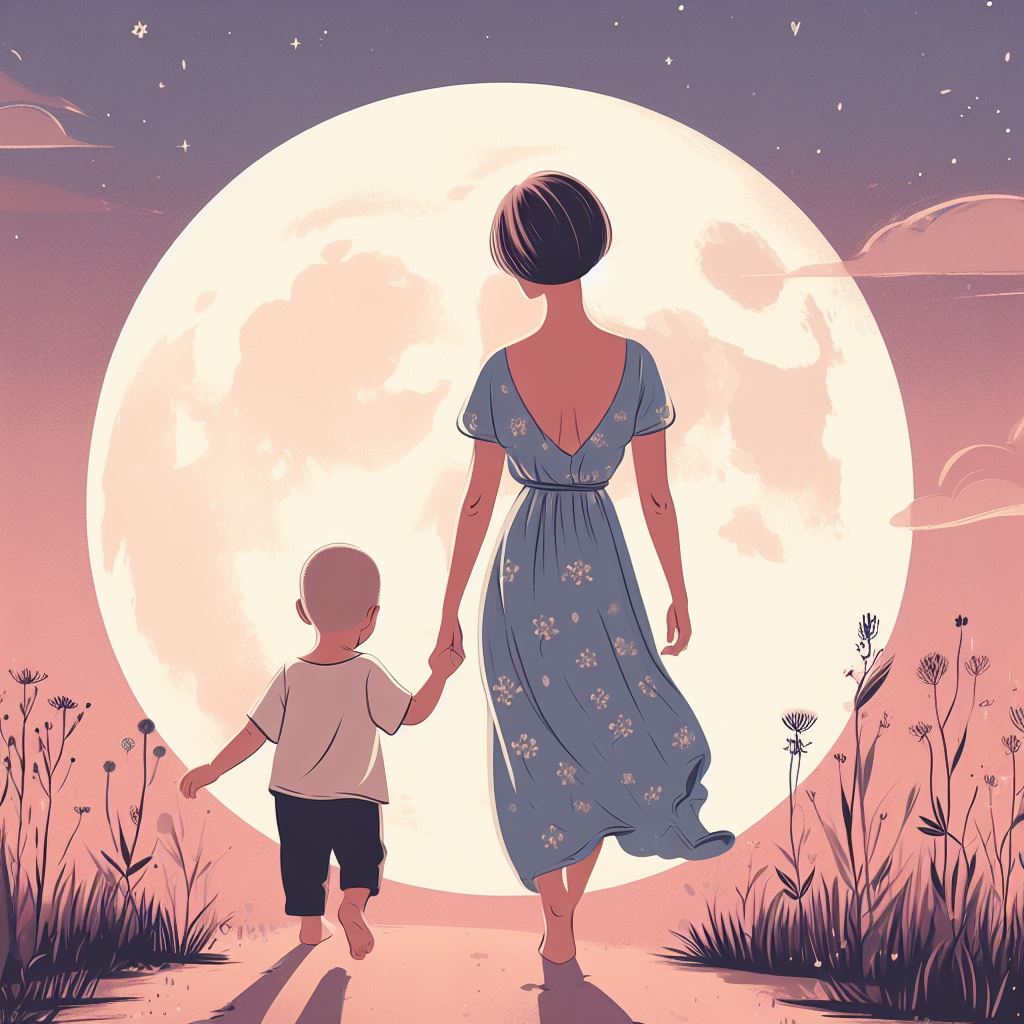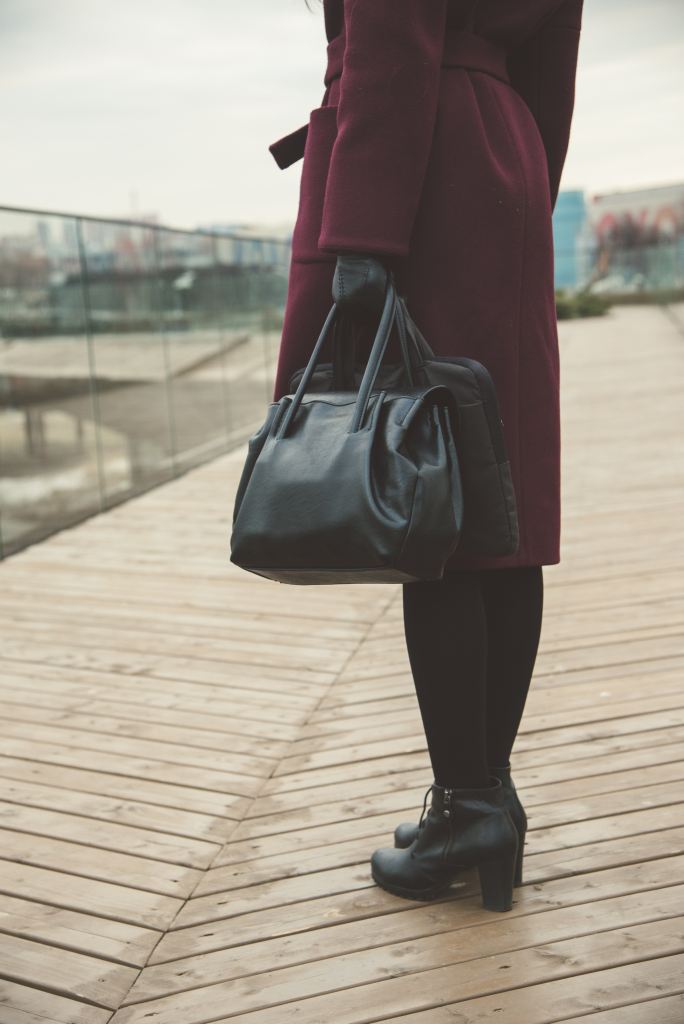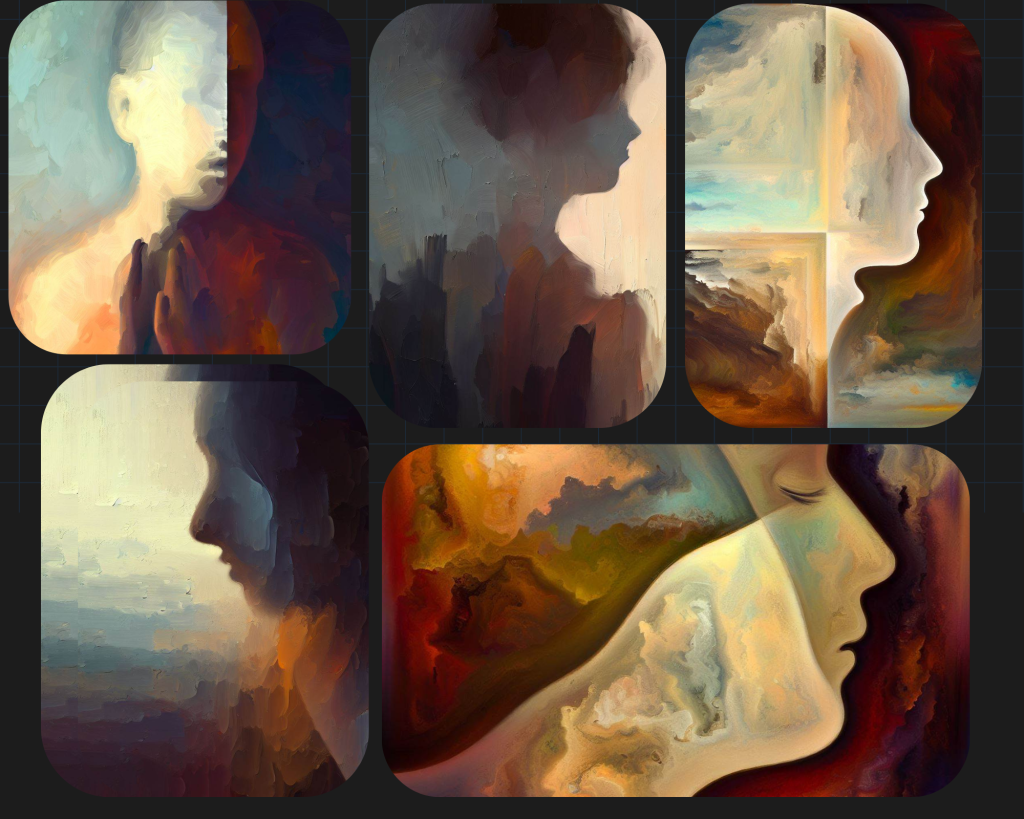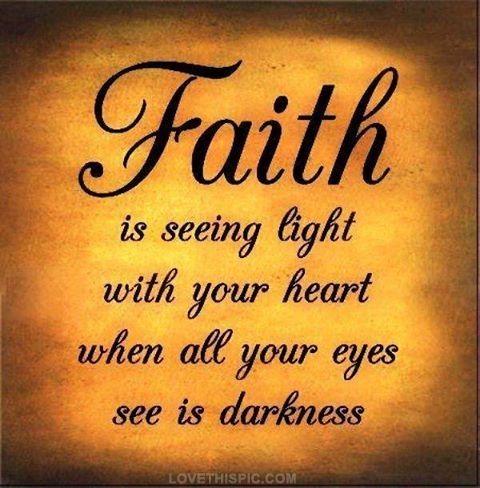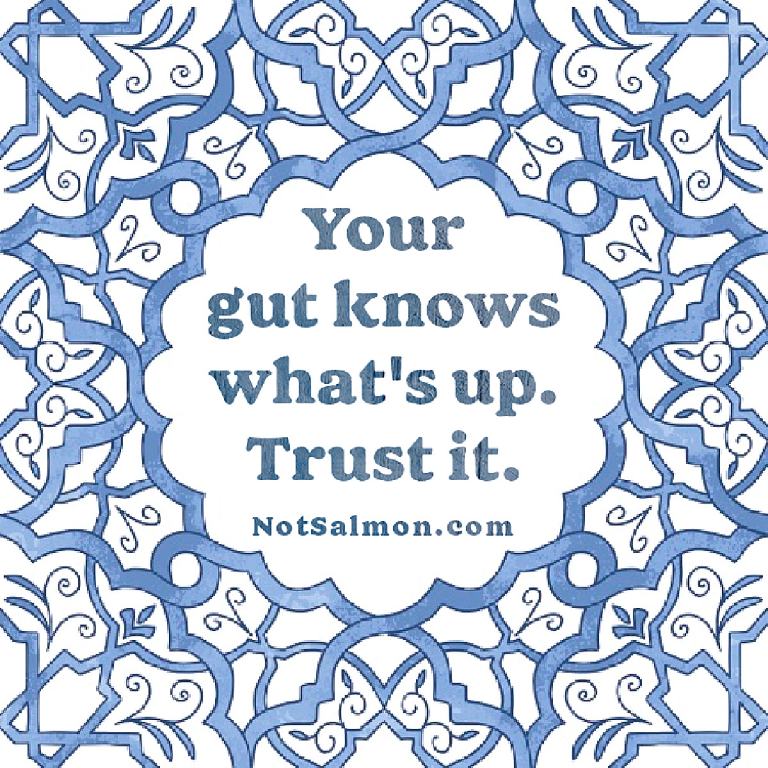In 1993, while my infant son, my first born, lay in the NICU, his pediatric cardiologist plopped a hefty textbook about pediatric cardiology onto the surface of the nurse’s station. In fact, one of the chapters was written by my son’s doctor himself. This dense tome, a relic of a pre-internet era, was to become my constant companion, a lifeline in a sea of uncertainty.
Seventy-two hours after giving birth on January 18 of that year to a seemingly healthy baby boy, my world, which had already been turned upside down by a seven-day stretch in the Labor and Delivery room and an unexpected premature delivery, spun out of control. Doctors diagnosed my son, Marshall, with not one but two congenital heart defects – a ventricular septal defect (VSD) and an atrial septal defect (ASD).
A VSD is a hole in the wall that separates the heart’s lower chambers (ventricles), while an ASD is a hole in the wall that divides the upper chambers (atria) of the heart. Fortunately, the ASD would heal on its own within the first year of Marshall’s life. However, the VSD, shockingly, turned out to consist of multiple holes, not just one, and only open heart surgery could repair the condition.
“A Swiss cheese heart,” his doctor said in his description to me, painting a vivid picture of my son’s condition. I can still recall the doctor’s words, “Ventricular septal defects are the most common congenital heart defects.”
At the time, I interpreted this statement as a reassurance that we were dealing with a relatively common condition. Okay, we’re with the majority. It’s good. My affirmation helped me put one foot in front of another on those endless shining granite-colored titled hallways that seemed to loop around like never-ending hamster wheels.
However, while researching this blog post, I came across a startling statistic: “About 1% of babies born in the United States have a congenital heart defect, such as a hole in the heart.”
This statistic struck me with a jolt. In so many ways, as I’ve previously written, there was nothing typical about Marshall’s birth, life, or death. He truly was a one-percenter.”
Good thing back then I didn’t also know that almost 7 out of 10 infants born with a hole in the heart survive into adulthood, because I would have also obsessed about the three infants who don’t survive into adulthood.
As a new mother, I was understandably overwhelmed by the news of my son’s congenital heart defect. Textbook statistics and medical jargon did little to soothe my worries, and I couldn’t help but focus on the possibility of complications.
Despite my fears, within the first 10 months of his life, baby Marshall underwent two successful surgeries and emerged stronger and healthier than ever. However, our journey was far from easy. During his first year, he struggled with colic, an uncontrollable crying (screaming) condition that left us both exhausted and frustrated.
Hearing the constant wailing was heartbreaking. It was as if our son was in constant pain, and no amount of comforting or soothing helped. Both his pediatrician and pediatric cardiologist assured us that colic was unrelated to his heart condition, but it was hard to believe that a seemingly healthy baby could be in such distress.
As a stay-at-home mom, working as a freelance writer, I felt the weight of responsibility more heavily than ever. The endless cycle of crying, feeding, and soothing left me drained and desperate for a solution. One night, actually early hours of the morning, in a moment of sheer exhaustion and despair, I had a horrifying thought: what if I just tossed my son out the window?
The thought was fleeting, but it shook me to my core. I realized that the stress of caring for a colicky baby had pushed me to the brink.
Fortunately, I had been actively involved in various therapeutic undertakings as well as a 12-step program over the past nine years. These interventions, which I still consider to be the most profound healers in my life, provided me with the strength to navigate this challenging period. I had a reservoir of coping mechanisms and strategies for dealing with whatever life threw at me. I remained grateful for the power of faith and fellowship, and most importantly, my son taught me an invaluable lesson: the essence of unconditional love.
You see, exhausted and at my wit’s end after recounting the sleepless nights, I would often conclude my sharing in support groups with the poignant declaration, “I’m learning how to love.” It was a testament to the profound impact my son had on my life.
Gradually, the crying subsided, and Marshall’s congenital heart defects became a successful chapter in our lives. He grew into a healthy toddler and our routine returned to a semblance of normalcy, though our son’s unique challenges remained. He was a fighter, determined to live life on his own terms.
For instance, administering his medication was a daily battle. The only way I could manage it was with the help of my 80-something-year-old dad, who would hold him down while I forced drops of medicine down my son’s throat. Similarly, buckling him into a car seat was another 20-minute ordeal. Marshall had an aversion to being confined, and he would resist it with every ounce of his mule-like strength. I vividly recall a struggle in the back seat of our car at a grocery store parking lot. It took me over 20 minutes, the golden number, to finally secure him in his seat. When I left the back seat, ready to hop into the passenger seat, an older woman, with her arms crossed and a face contorted with rage, confronted me. She shook her head, likely assuming I had just beaten my son in the back seat, but she didn’t investigate any further and, instead, stormed off without a word.
Dental appointments were an entirely different ordeal. Marshall’s fear of the dentist was so intense that he became hysterical in the waiting room. On one occasion, his behavior was so disruptive that a staff member reprimanded me; I mean, the responsibility always falls on mom, right? From then on, we scheduled our appointments at off-peak hours when we could avoid the presence of other children. While it was embarrassing to have to make special arrangements, it was the only way to ensure that Marshall received the dental care he needed.
Wouldn’t you know it? Marshall’s dental issues were far more severe than those of an average child. He seemed to be a one-percenter when it came to tooth problems, so we were frequent (solo) visitors to the dentist’s office.
Around the age of five or six, Marshall seemed to have outgrown his fear of the dentist. We arrived for our appointment, and everything appeared to be going smoothly in the waiting room packed with other children. However, as the hygienist approached wearing her workday garb, Marshall bolted up and ran into the bathroom, locking the door behind him. It took nearly an hour of coaxing and reassurance to convince him to come out. Despite the setback and leaving a few kids and their parents frazzled, we managed to complete the appointment, just as we always had.
“I’m learning how to love.” My update to my fellows remained the same — week after week; month after month; year after year.
When Marshall first entered kindergarten, some of his behavior was a stark contrast to what had turned into, at least for a good deal of the time, a calm demeanor at home. Specifically as soon as he arrived home and got off the school bus, he ran around the house, screaming uncontrollably. Little did I know that a lot of his behavior stemmed from the actions of his teacher — a story I won’t delve into at this point.
Consulting with the school’s psychologist revealed that Marshall exhibited exemplary behavior in class — a trait that remained consistent throughout his school years. What the psychologist further explained was that he channeled his pent-up emotions from the classroom and school grounds the minute he stepped off the school bus and onto home turf, a safe zone where he was unconditionally loved and able to express his true emotions and feelings. In this case, it was a lot of fear and frustration from performing properly on the world’s stage. Great! This knowledge helped me enormously. I bit the bullet.
Marshall’s determination to live authentically, even within the haven of love and trust, often sparked conflict with those closest to him, the casualties of his relentless quest to shed the shackles of his false self, which I didn’t learn about until his last year on earth. Once someone told me I should have received the Purple Heart medal (which my eldest brother Mike actually did, along with a few other medals, while he was in the service during Vietnam) for raising my son. I agreed wholeheartedly.
Throughout the challenges and joys of parenthood, I never lost sight of my gratitude. First, for the privilege of becoming a parent in my 30s, a rarity among my generation in those days, and second, for the honor of nurturing the most precious gift on earth: human life. It’s a concept that still amazes me to this day.
Admittedly, I didn’t always handle motherhood perfectly. I made mistakes and fell short many times. But through it all, I discovered that the extraordinary act of prioritizing another’s needs above your own — the essence of motherhood — was my ultimate purpose and it still is.

A few months ago, as I was recounting the experiences of raising my son to my dear friend Michelle, my co-author of her memoir. I told her how, especially during the many trials, I would often reiterate, “I’m learning how to love.” And then, as we conversed and I reflected on the profound impact my son had had on my life, I added, “Out of all the lessons he’s taught me, he’s taught me how to love the most.”
To that statement, she amazingly replied, “He still is.”
She couldn’t have been more accurate. Marshall would have been 31 this coming Thursday, January 18. The pain of what was and what could have been, as my therapist Louis, who had lost a daughter of his own, had promised, has softened through these years, but it remains a constant presence. My life has taken on a different dimension, with everything now filtered through the lens of his absence. Marshall is forever young at 26, and I am forever a heart broken senior citizen who understands the fragility of life at the first heart beat.
It brings to mind a podcast, All There Is with Anderson Cooper, (September 21, 2022) with Stephen Colbert: Grateful for Grief. The excerpt is below:
Anderson Cooper: Wow. Something I’ve been feeling a lot with my kids because they’re so perfect. There are these moments of such frailty that, my heart is breaking at just the beauty of this experience. And yet there’s this sense of sort of the awareness of the frailty of it.
Stephen Colbert: The first experience that I had holding my first child, my daughter. The first thing that occurred to me was, how beautiful and how wrong that this will ever end.
How beautiful and how wrong that this will ever end. I repeat that line all day in my head and it never fails to rekindle my sense of gratitude.
In this new, old world of mine, I’m totally indifferent, and that’s okay. I do not need a textbook to interpret my lot, for it is a journey reserved solely for me not bound by external factors, but my own inner compass. Yet without question, intrinsically I know the the path was carved for me to walk; the metaphorical bullet others dodged, but I took the hit. Each step, a small victory over the overwhelming feeling of defeat that threatens to consume me. The hallways endless; granite tiles, cold and unforgiving. Faith forward, my final spin on the hamster wheel of life.
Damn. I’m learning how to love — without victory, without reserve.
Love transforms you. It stretches your limits until you feel like you’re in a league of your own, a realm that only a select few will ever experience. It breaks you down, only to rebuild you stronger, more resilient, and more capable of love than you ever thought possible, a medal of honor with no comparison.
All rights reserved. Unauthorized use and/or duplication of this material without express and written permission from the author is strictly prohibited.
